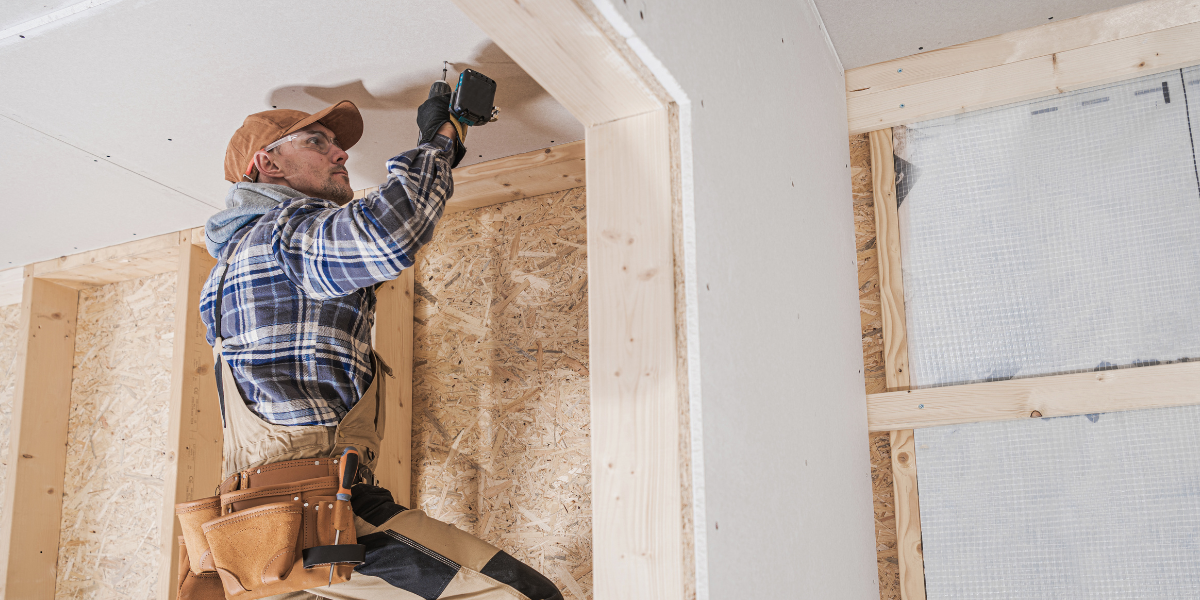Recent posts
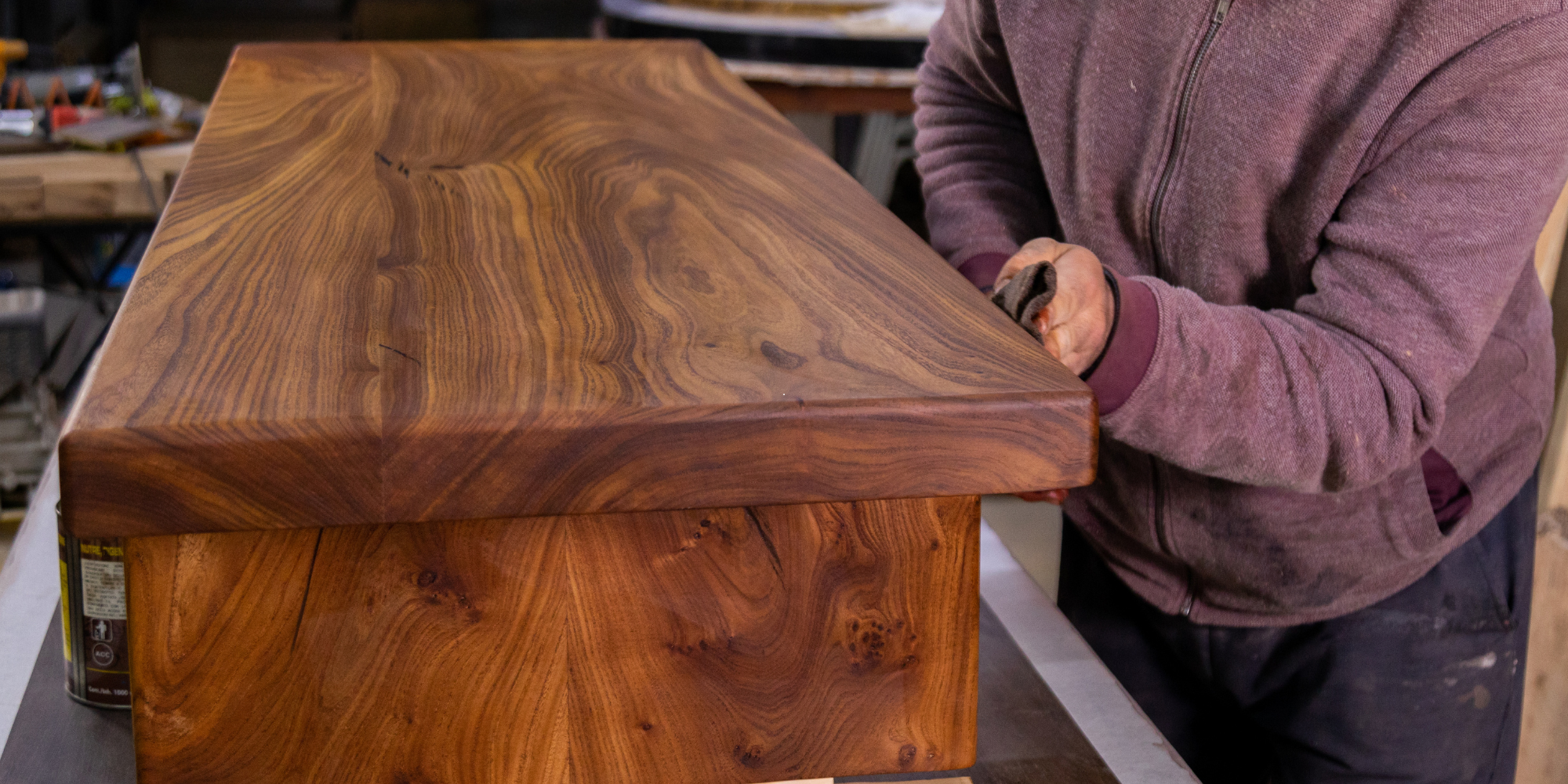
Pin Moisture Meters for Flooring and Lumber
24 Sep, 2024
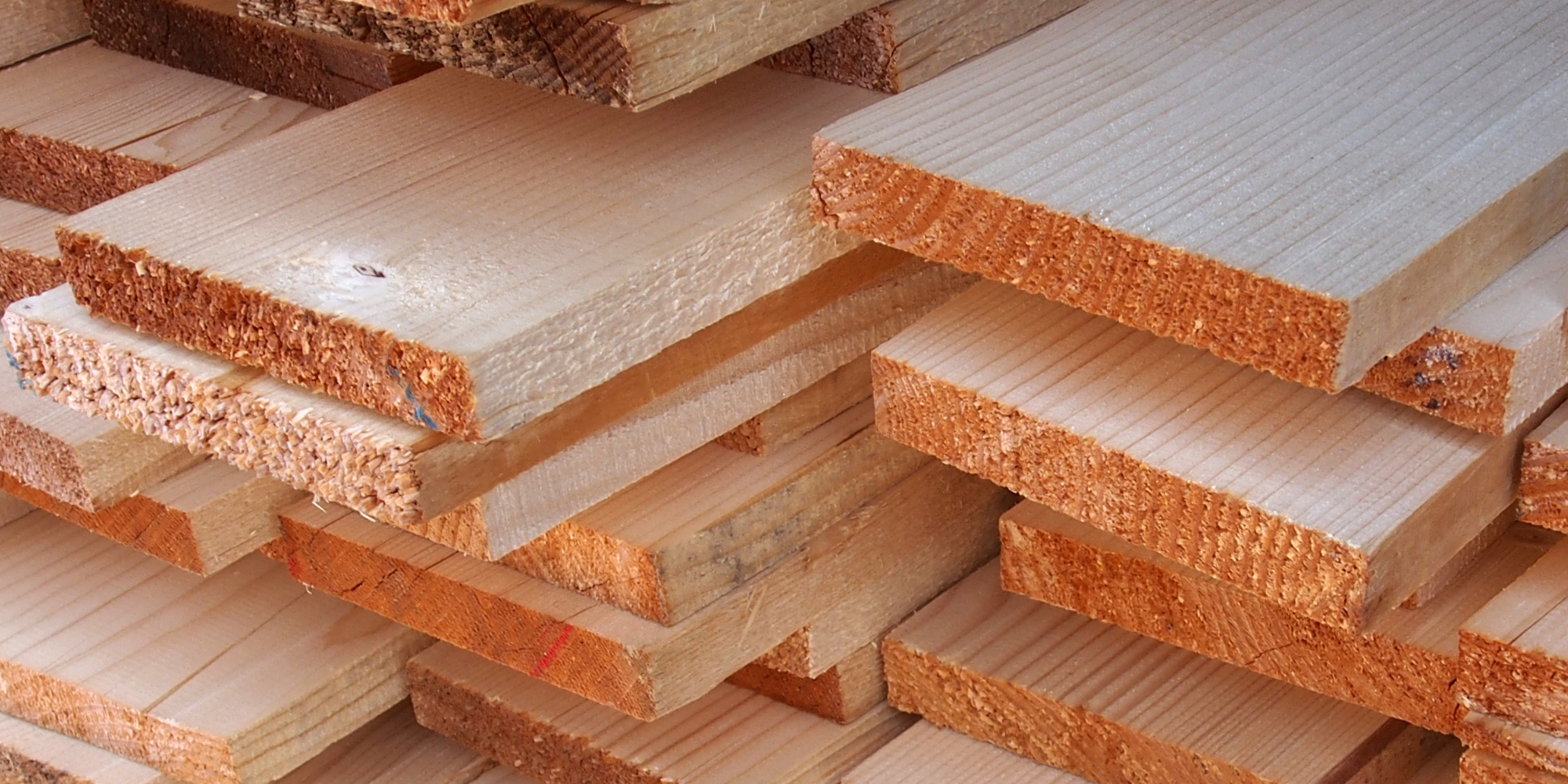
Moisture Meters for Wood: Your Complete Guide
17 Sep, 2024
Subscribe
to Our Blog
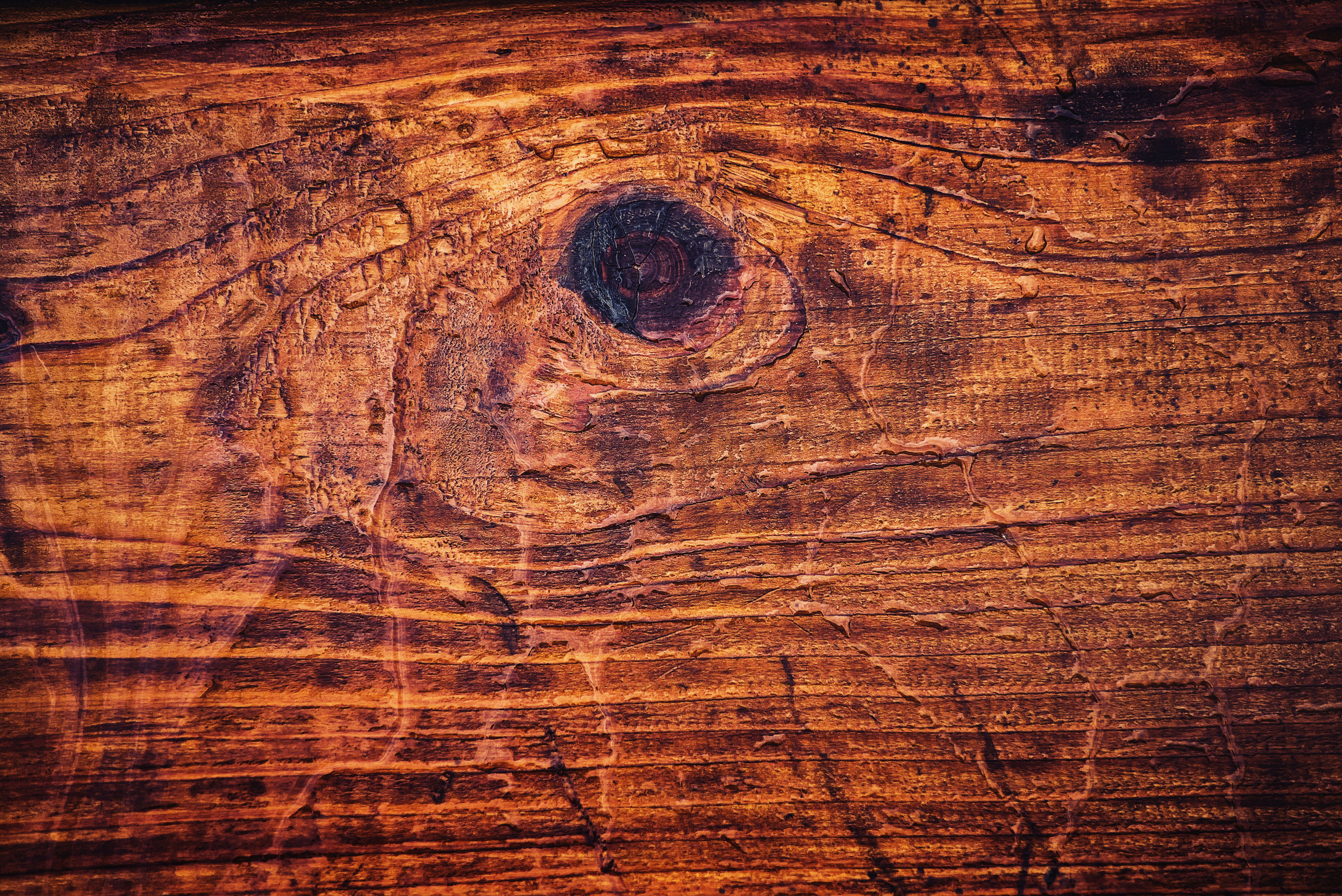
3 min read
Rx #1: MOISTURE & WOOD INTERACTION WHY MC? Why do wood people worry so much about MC? In my 50 years in this wood manufacturing industry, I estimate that 75% of the manufacturing problems with wood are related to incorrect pr changing moist...
Read More
Wood Flooring
Flooring
moisture meters
EMC
RH
high-quality moisture meters
agricultural moisture meters
farming moisture meters
2 min read
When you’re installing hardwood floors as part of a DIY home renovation project, odds are you want to make sure that the hardwood you’re usi...
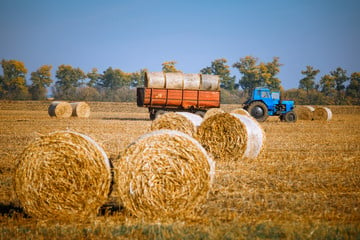
Wood Flooring
Flooring
moisture meters
EMC
RH
hay industry
moisture content in hay
hay producers
agricultural safety
moisture levels in hay
high-quality moisture meters
agricultural moisture meters
farming moisture meters
3 min read
In the third part of our series, we dive deeper into how Delmhorst's specialized moisture meters can fulfill the requirements of the hay ind...
2 min read
Hardwood flooring can be elegant, durable, and practical for many interior applications. Businesses use hardwood floors in their offices to ...
